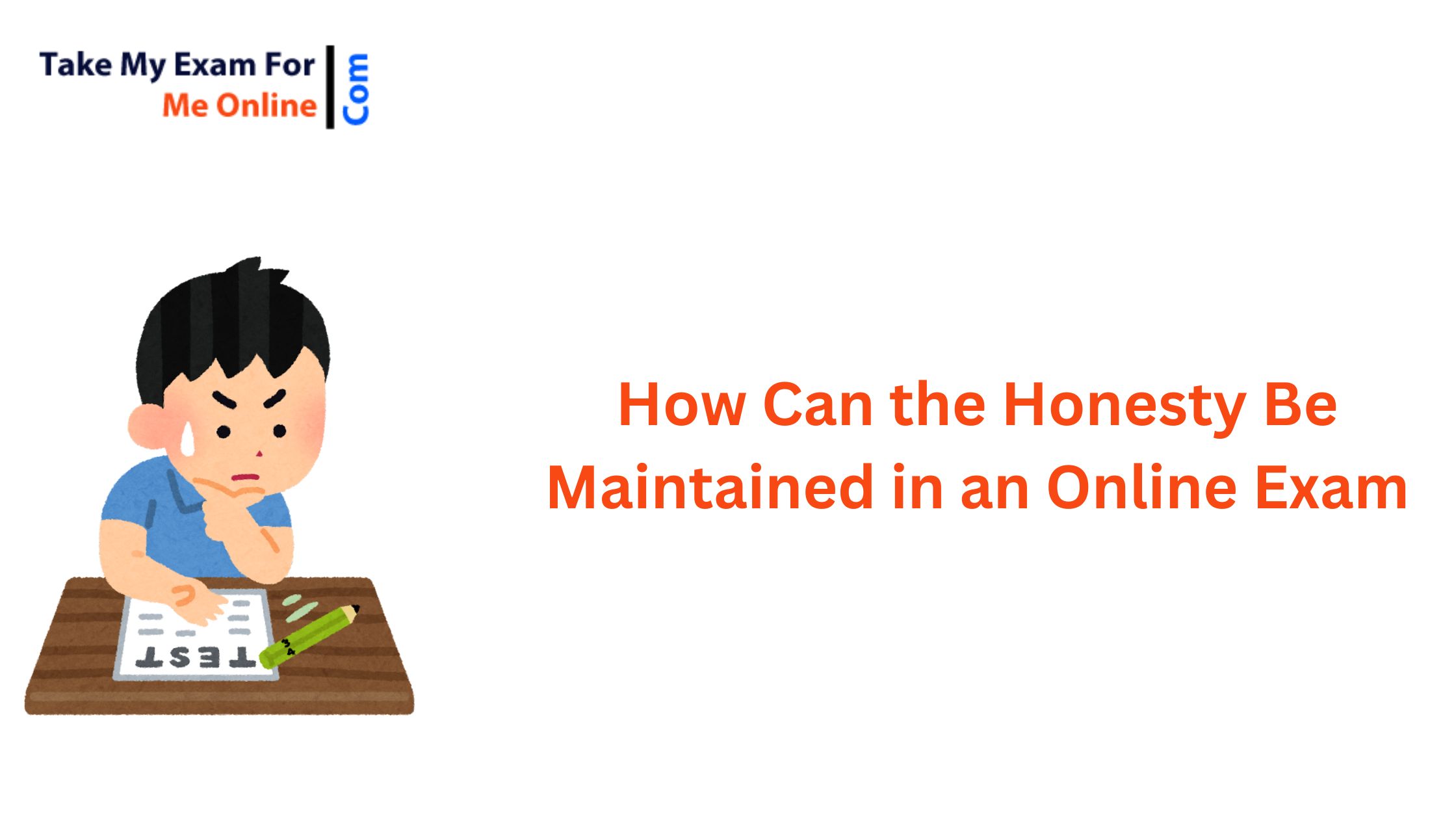How Can the Honesty Be Maintained in an Online Exam




Loading...

The rising popularity of online learning in the past decade has raised a number of concerns about the lawfulness of online tests. The rise of services that promise to "take my online class" or "do my exam" in the name of students has sparked questions about transparency, academic integrity, and potential legal ramifications. Examining the legal structure governing online exams as well as the liberties and responsibilities for learners and colleges and universities is crucial to shedding light on this matter.
The Legal Environment for Online Tests
The material produced by academic organizations and educators is safeguarded by regulations pertaining to proprietary rights, which also apply to online tests. Improper utilization of testing information or efforts to get around exam procedures may be considered breaches of intellectual property rights and plagiarism.
Strict rules are frequently implemented by schools and universities to protect learning integrity and deter misconduct in school, such as plagiarism. Taking online classes for the sake of students or employing somebody to do exam are examples of behaviours that may violate these rules and lead to punishment.
Learners who use services like "take my online class" or "do my exam" can be signing contracts with the suppliers of services. Learners must comprehend the terms and circumstances of these contracts as well as the legal consequences of using these services.
Paying someone to finish schoolwork or an exam on the pupil's behalf may be considered fraud and misrepresentation. Such conduct compromises the validity of higher education and could put companies offering services as well as pupils in legal hot water.
Educational institutions are responsible for maintaining their academic standing and making sure the evaluation procedures are accurate and fair. Strong safety and surveillance systems can be put in place to assist prevent fraud and ensure integrity of online exams.
Educational institutions are required to uphold their rules regarding academic honesty and to take suitable disciplinary measures against any students who are discovered to be involved in scholarly misconduct. Consequences like suspension, expulsion, or the loss of academic credentials could fall under this category.
Higher education institutions ought to instruct learners on the moral and legal ramifications of plagiarism and other forms of fraudulent behaviour on online tests. Encouraging an environment of academic honesty and trustworthiness makes students feel more accountable and emphasizes the importance of real learning.
Preventative measures can help reduce the likelihood of stealing and maintain the truthfulness of online exams. Examples of these include generated question banks, authentication processes, as well as safe online exam platforms.
Conclusion
From the above conclusion, obeying patent and trademark rules, educational integrity regulations, and contractual arrangements are critical to the legitimacy of assessments conducted online. When using services that promise to "do my exam" or "take my online class," individuals need to know the legal ramifications of doing so, and schools and universities have an obligation to enforce rules that protect their academic standing. We can make sure that online learning keeps its authenticity and trustworthiness in the age of the internet by promoting an attitude of openness, honesty, and responsibility.